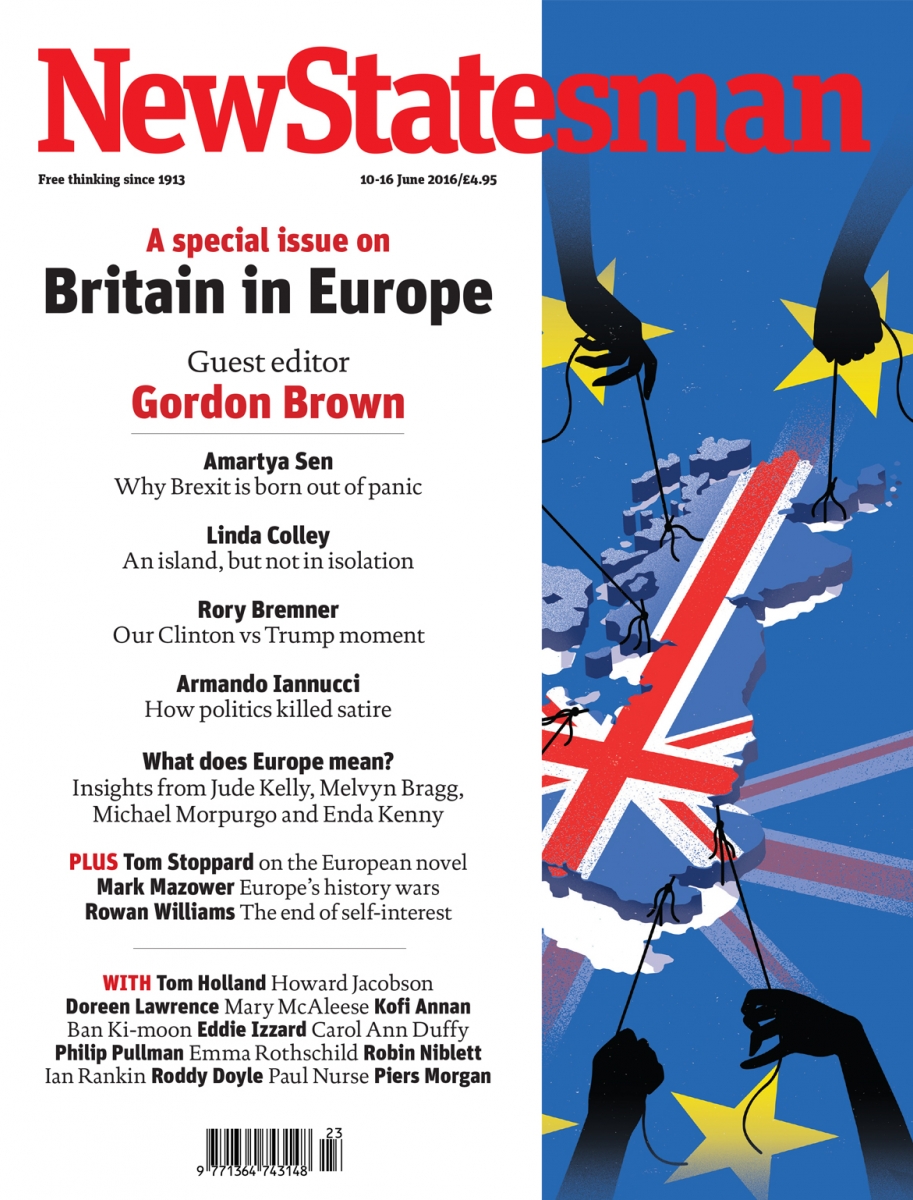Article

On 1 July 2015, Tom Fletcher, the outgoing British ambassador to Lebanon, signed off with an open letter on the Foreign and Commonwealth Office website to the country he had served in for four years, titled “So . . . Yalla, Bye”.
“When the Middle East was in flames,” he wrote, “and its people caught between tyrants and terrorists, the Lebanon I will remember sent its soldiers to protect the borders; confronted daily frustrations to build businesses and to educate its children; and showed extraordinary generosity to outsiders, be they ambassadors or refugees.” He went on: “I hope you will also look back and say that the Brits helped you to hold your corner. Giving those soldiers the training and equipment to match their courage. Giving those pupils the books to match their aspiration. Giving those businesses the networks to match their ambition. Building international conspiracies for Lebanon, not against it.” The blog went viral and generated much discussion in Lebanon.
In Naked Diplomacy, Fletcher expands on his passion for diplomacy. The book is articulate, intelligent and immensely readable. Fletcher is an irrepressible optimist and his enthusiasm is contagious. He describes supporting a “One Lebanon” concert, at a time when old divisions were re-emerging as a result of the Syrian crisis:
Several divas, pin-ups, boy bands and comedians took the stage to reject sectarianism and divisive politics. Sunnis from the most violent part of Tripoli rapped about coexistence with Alawite neighbours. The largest cheer of the evening was for a hybrid of “Ave Maria” and the Muslim call to prayer, sung by Sunni, Shia and Christian choirs.
Seeking to distance himself from the decidedly mixed reputation that Britain has in the Middle East, Fletcher promotes a modern view of the UK, in which a British embassy “can never have too many pictures of David Beckham on the wall”:
While I was in Beirut, we never missed the chance to fly the largest flag we could find over a Bond car, Premiership footballer, or visiting celeb . . . It gave us the best possible platform for our message about Britain’s global role.
Fletcher believes that WikiLeaks and Edward Snowden accelerated the loss of trust in government. His solution is for diplomats to engage more in social media, to get closer to the people in whose countries they serve. As I read Naked Diplomacy, however, there were times when I felt that I was being spun by the soundbites. In 1815, diplomats helped to reshape Europe in Vienna; this was regarded as the heyday of diplomacy. Yet Fletcher argues that the best time to be an ambassador is 2016. While diplomats today are able to reach far greater audiences online, this does not necessarily equate with influence. Smart power is not just about using the “magnetic power” of Beckham and Bond – it’s also about persuading people to do things they would not otherwise do and being prepared to back up positions with military force where necessary.
Fletcher asserts that Mark Zuckerberg will be remembered long after Osama Bin Laden is forgotten. With Facebook, Zuckerberg has created a remarkable global forum. But 9/11 brought about the end of the Pax Americana, the unravelling of the Middle East and the crisis in the European Union, under the pressure of the refugee influx. The same social media that can spread empathy and love can also spread fear and hate, particularly when terror attacks and murders are posted in real time. It’s not just about the medium – the message is important.
Although Fletcher proclaims the crucial role of diplomats in peacemaking, he only refers in passing to the Iraq War, which did so much damage to public trust in foreign policy. The war led to the deaths of 179 British troops or Ministry of Defence civilians, almost 4,500 Americans and perhaps 200,000 Iraqis. It changed the balance of power, triggering competition and proxy wars between Iran and Saudi Arabia, Turkey and the Gulf countries, and created the chaotic conditions that enabled al-Qaeda and then Islamic State to gain traction. Millions of Iraqis and Syrians have been displaced, many of them seeking refuge in Europe.
But Fletcher is right to argue that it is important also to reflect on other, more successful interventions, such as Nato’s role in Kosovo in 1999 and the military action in Sierra Leone in 2000 “that prevented the overthrow of the democratic government and undoubtedly saved many lives”.
These are uncertain times, he writes, with “the erosion of US hegemony and a shift to a period without a lead nation; the collapse, perhaps rapid, of the 20th-century world order; the increased influence of non-state actors and new elites; and the technological empowerment of individuals”. The international architecture created at the end of the Second World War needs revision. This surely must be the priority for British diplomats: helping to build international consensus around a new vision for the 21st century. And Britain is fortunate to have diplomats with the skills and drive of Fletcher, who will not only help create such a vision but also galvanise public support for it.
Emma Sky served in Iraq as a co-ordinator for the transitional government. She is the author of The Unravelling: High Hopes and Missed Opportunities in Iraq (Atlantic).

